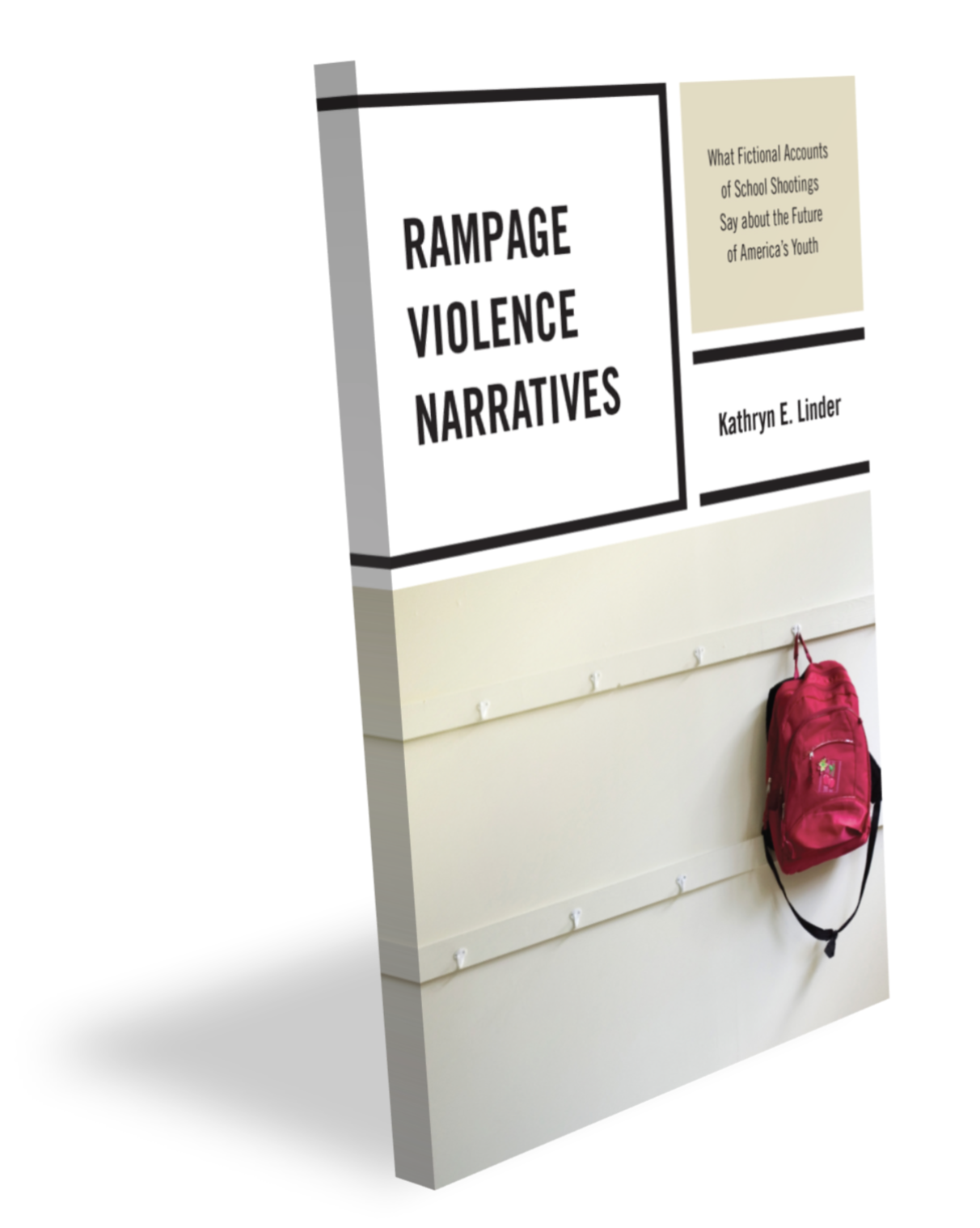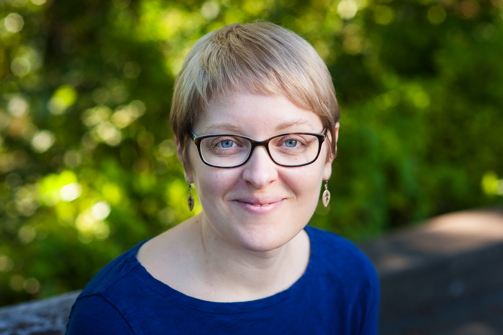
Rampage Violence Narratives: What Fictional Accounts of Rampage Violence Say about the Future of America’s Youth offers a detailed look at the state of youth identity in American cultural representations of youth violence through an extended analysis of over forty primary sources of fictional narratives of urban and suburban/rural school violence.
Representations of suburban and rural school shootings that are modeled after real-life events serve to shape popular understandings of the relationship between education and American identity, the liminal space between childhood and adulthood, and the centrality of white heterosexual masculinity to definitions of social and political success in the United States.
Through a series of “case studies” that offer in-depth examinations of fictional depictions of school shootings in film and literature, it becomes clear that these stories are representative of a larger social narrative regarding the future of the United States.
The continuing struggle to understand youth violence is part of an ongoing conversation about what it means to raise future citizens within a cultural moment that views youth through a lens of anxiety rather than optimism.
Benjamin Frymer,
Sonoma State University
Glenn W. Muschert,
Miami University, Ohio
Journal of Palestine Studies

